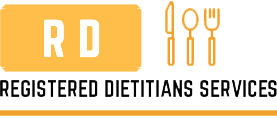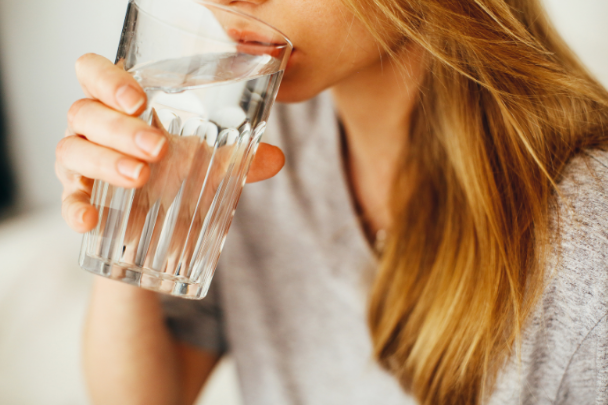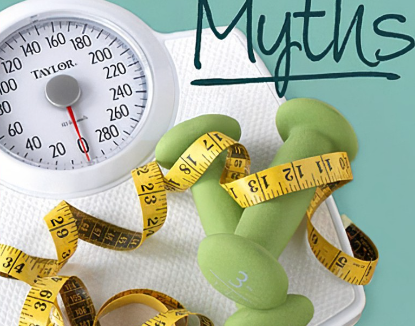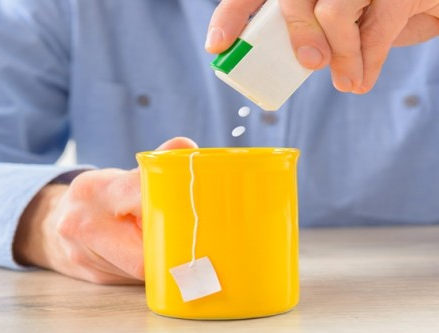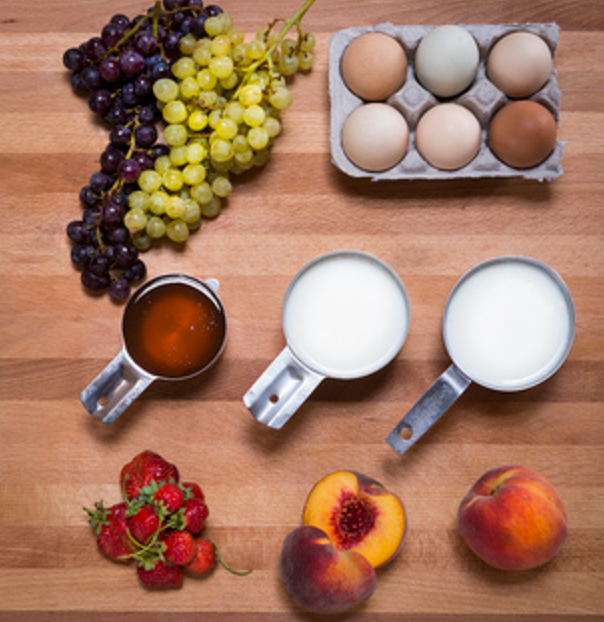A healthy diet can directly reduce your risk for kidney stones. There is plenty of information on the web that is incorrect and not scientifically proven. This has led to misinformation and confusion about what a healthy kidney stone prevention diet should be.
What are kidney stones?
Kidney stones forms from a high concentration of calcium and oxalate in the urine which combines to form calcium oxalate. In other words, these two substances binds together to form kidney stones. Urine that is too acidic increases the risk of calcium oxalate kidney stones. Calcium and oxalate are more likely to bind in acidic environments. So, the kidney stone diet aims to increase urine pH to reduce the risk that calcium and oxalate will bind.
7 nutrition tips for kidney stones prevention
-
Drink lots of fluids
The first diet goal for kidney stones prevention is to drink more fluids. The more urine you pee, the less concentrated calcium and oxalate there will be. As a result, it is less likely that a kidney stone will form. It is recommended to drink about 3L of fluid per day. Your daily fluid requirement may be different based on your body size, environment, gastrointestinal health and exercise schedule. Always seek advice form a dietitian about what is your fluid requirement. Drinking too much fluids can also lead to other health problems such as oedema. The best beverage choice is water and drinking 3L of tasteless fluid can be challenging for some people. Making water more “exciting” can help quite a bit. This can be done by infusing fruits or herbs with water in order to add a very lovely flavour without adding many calories or sugar.
-
Limit Salt (Na)
Eating lots of salty foods will increase urine calcium and the risk for kidney stones. The extra calcium in the urine due to a high salt diet comes from our bones, putting them at risk of osteopenia. In addition, a high sodium diet is associated with increased blood pressure, which increases the risk of all sorts of health problems like kidney disease, heart disease, stroke and dementia. It is important to note that the majority of the salt we eat is already hidden in food. So, simply avoiding salt will not reduce sodium to our goal for most people. The key to a low sodium diet is to choose foods that are low in sodium in the first place. In other words, this means cooking with fresh, non-processed ingredients. Restaurants, commercially prepared and to-go foods are usually high in salt.
-
Moderate amount of protein
A high protein diet will increase the urine calcium. In addition, high protein diets produce acid during metabolism. This acid is eventually excreted in our urine, which lowers urine pH and increases the risk of kidney stones. Similar to sodium, the extra calcium in urine from a high protein diet is taken from bone, putting the bones at risk of osteopenia.
-
Eat enough Calcium
Calcium is a critically important piece of the kidney stones prevention diet. Previously, doctors told people with kidney stones to reduce calcium and dairy. This seemed to make sense since one of our goals is to reduce urine calcium.
However, we now know about the importance of calcium in stopping oxalate absorption in the intestines. Similar to how oxalate loves to bind with calcium in our kidneys and make kidney stones, they love to bind in our intestines as well. So, if calcium binds with oxalate before it is absorbed, the oxalate is excreted in our feces, instead in our urine. Studies have shown nearly a 50% reduction in kidney stones by adding dairy to the diet along with the low sodium and moderate protein considerations. It is important to note that for the latter to happen, we need to eat calcium when we eat oxalate so make sure to eat dairy with meals.
In addition, a diet high in calcium is critical for bone health. People who have a history of calcium kidney stones are more likely to experience bone fractures and weak bones. This makes sense, as all of that extra calcium in your urine comes primarily from breaking down bone.
-
Reduce added sugars
Too much sugars in your diet will increase urine calcium. Therefore, sugar will increase the risk of kidney stones. In addition, high sugar intake is associated with an increased risk of heart disease and diabetes. Make sure to check the nutrition facts label for added sugar, as well as sodium. Try to find products with as little added sugar as possible. And, save sweet desserts for special occasions. Swap out ice cream after dinner for a lower sugar frozen yogurt or fruit.
-
Reduce food containing oxalate
Reducing oxalate in the diet is perhaps the trickiest part of the kidney stone diet. Firstly, oxalate information found online is often conflicting, which results in frustration for people trying to follow a low oxalate diet. Foods which are high in oxalate include spinach, almonds, bran, rhubarb, raspberries and potato with skin.
-
Eat fruit & vegetables
The final nutrition tip is to eat plenty of fruits and vegetables. How many? Aim for at least 2 servings of fruit and 3 servings of vegetables per day. Eating fruits and vegetables is associated with reduced risk of hypertension, heart disease, stroke, cancer and gastrointestinal conditions. For kidney stones specifically, they help make our acid less acidic in urine. Therefore, it is less likely to form calcium oxalate from an acid urine.
Putting all the pieces of a healthy kidney stone diet can be overwhelming so always seek the help of a dietitian. A dietitian will guide you step by step for a kidney stone diet so that it becomes relatively easy and healthy for you. Lastly remember that this diet will reduce your risk for kidney stones and further medical complications.
